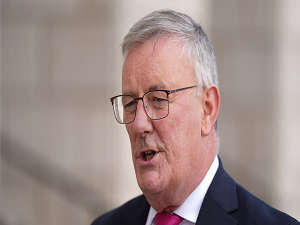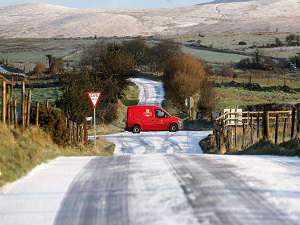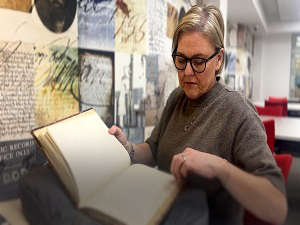
By David Young, PA
Ireland's health minister has expressed hope for a close alignment of coronavirus recovery strategies north and south of the border.
Simon Harris said it made sense from a scientific point of view to have similar plans for easing lockdown measures in Northern Ireland and the Irish Republic.
Mr Harris's comments came as UK Health Secretary Matt Hancock said he could see the case that could be made for Northern Ireland moving at a different pace than the rest of the UK, given the virus has not impacted the region as severely.
Mr Hancock said the relationship with the Irish Republic was "important", though he highlighted that the shape of the virus curve - its decrease and fall - had broadly been the same across the UK.
Mr Harris was asked about the position in Northern Ireland as Ireland unveiled its five-phase strategy to gradually relax Covid-19 restrictions.
"From an epidemiological point of view, it makes sense for the island of Ireland to be as closely aligned as possible as we can in relation to this," he said.
"My understanding, and it's not to speak for the north, they'll be drawing up their own plans and we'll be continuing at CMO (chief medical officer) level to keep in very close contact with them.
"I would certainly like to see as close an alignment as possible. And let me be very clear on this - not for any political reasons in relation to northern politics but purely from a public health point of view.
"This virus doesn't differentiate between jurisdictions nor does it care about political tradition. What it does do is spread and spread in a very virulent way and make an awful lot of people sick and take an awful lot of lives, so the closer we can co-operate the better."
Earlier, Mr Hancock was asked at the daily Covid-19 briefing whether there was a case for Northern Ireland exiting lockdown at a different pace than the rest of the UK and potentially following an all-Ireland approach.
He said that while the level of the virus had been higher in certain parts of the UK, such as London, the general shape of the disease's spread (the curve) had been similar throughout.
"That means moving together was the right approach at the start," he said.
"I can see the case that could be made and of course the decisions that are devolved we respect the devolution settlement, but ultimately if you look at the shape of the curve getting R (reproduction number) down and getting the level of new cases right down, that's happened as the UK together.
"Of course the relationship with the Republic is important as well and we have good relations in terms of both at political level but also at medical level in conversations with the Republic with the decisions that they take, but we have very intensive discussions within the UK about the timing of changes within the country."
At the daily briefing at Stormont, First Minister Arlene Foster said she never viewed the issue as "political".
"This is an issue about saving lives," said the DUP leader.
She said there was a need for a joined-up approach across both islands.
"I've always believed that the totality of relationships are important in relation to tackling this virus and that will continue to be my view - that it's not just about north-south, it's also about east-west," she said.
Deputy First Minister Michelle O'Neill said the two jurisdictions had a "geographic advantage" being on one island.
"I think it just makes common sense that what happens in Derry and Donegal, they're going to have a knock-on impact on each other," said the Sinn Fein vice president.
"So I think it's important that where we can, we actually work in tandem and actually work our way through this and work our way out of it as joined up as we possibly can."


 Mike Nesbitt to step down as UUP leader
Mike Nesbitt to step down as UUP leader
 Whole island of Ireland under weather warning as wintry conditions sweep
Whole island of Ireland under weather warning as wintry conditions sweep
 Bid to bring historical treasures from birth of US to Belfast for exhibition
Bid to bring historical treasures from birth of US to Belfast for exhibition
 Police investigating Arson Attack in North Belfast
Police investigating Arson Attack in North Belfast
 McIlroy honours omission came despite Stormont nomination
McIlroy honours omission came despite Stormont nomination